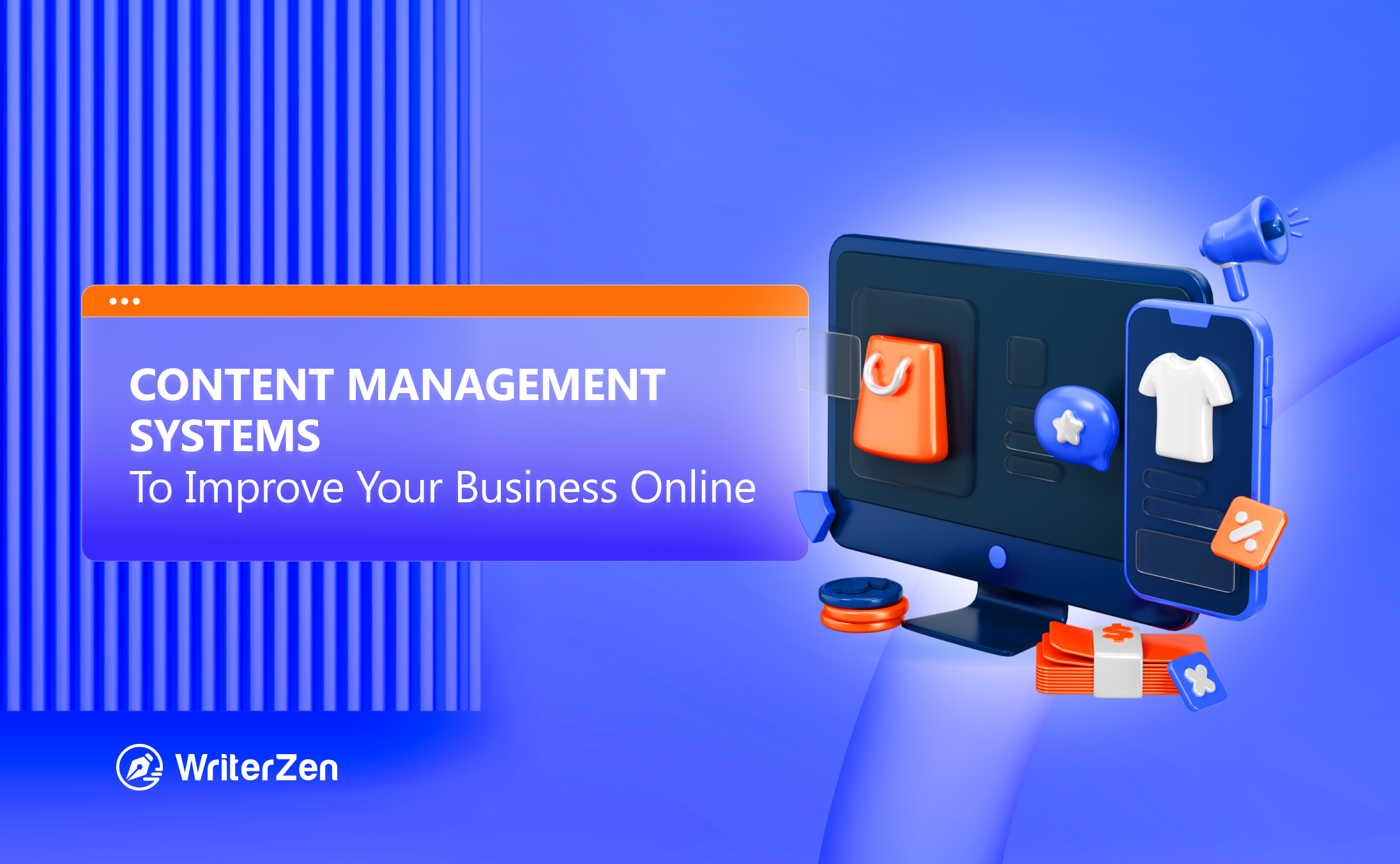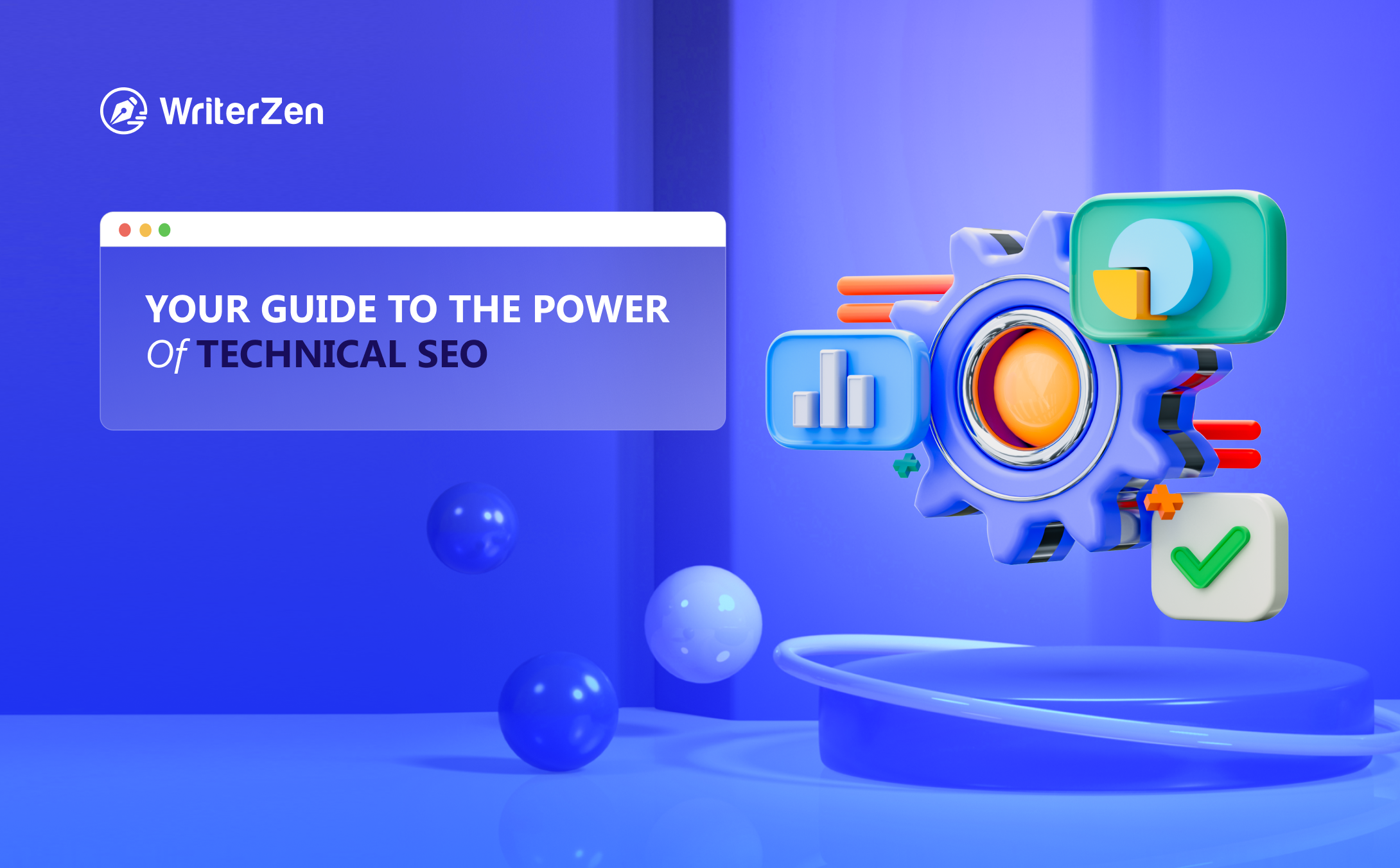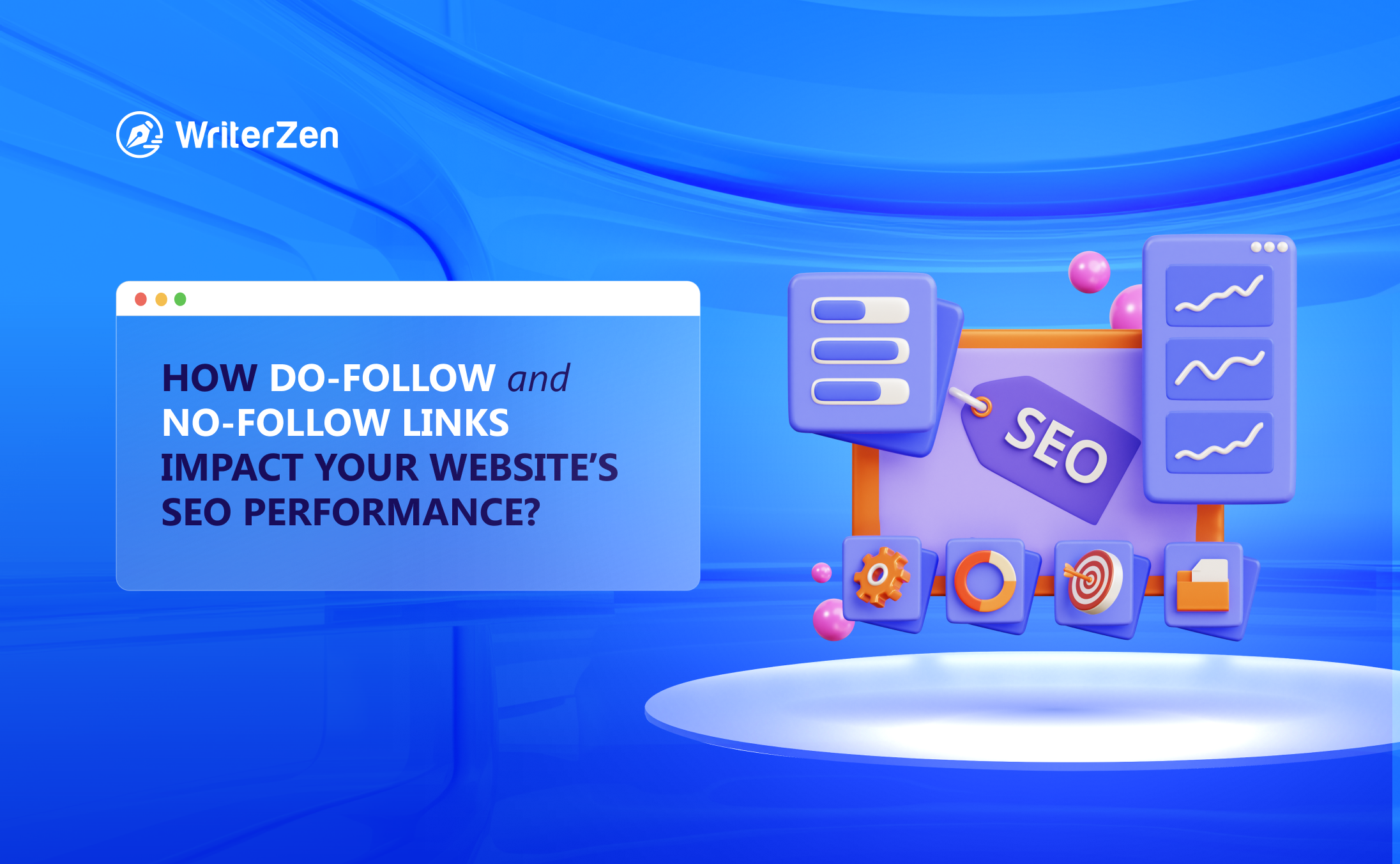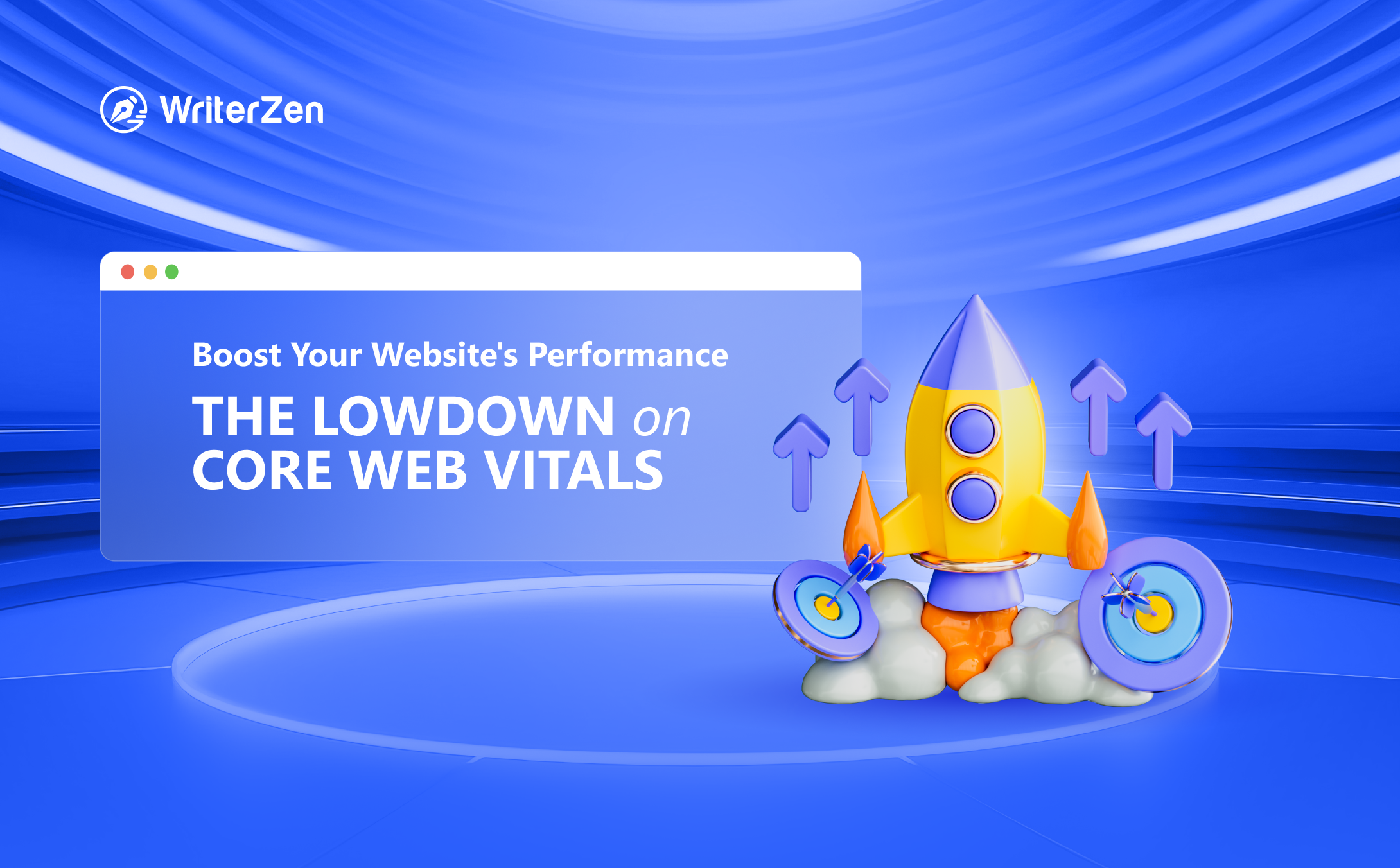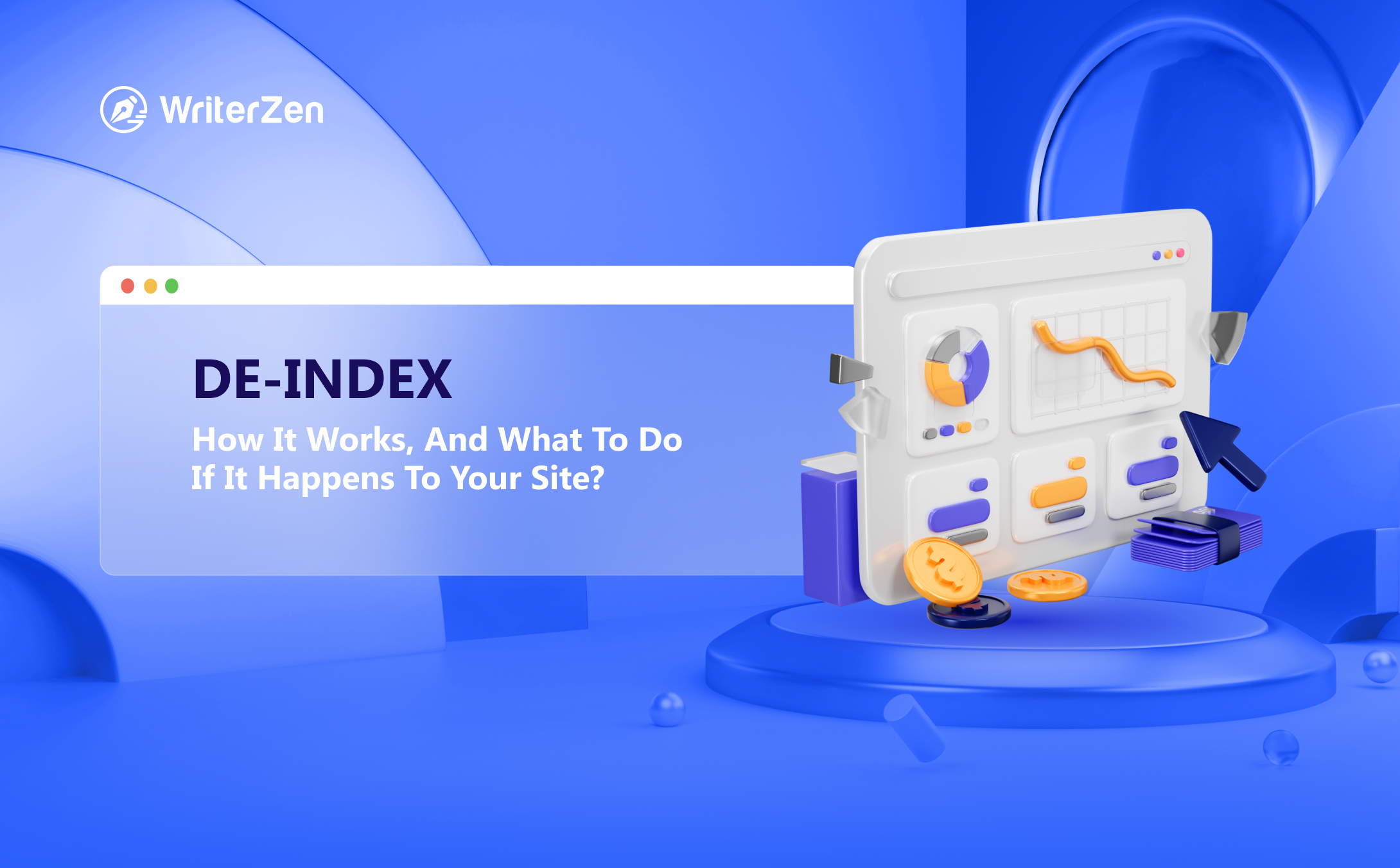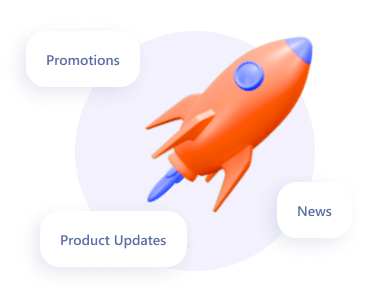In the dynamic world of digital marketing, achieving growth and maximizing ROI is crucial for businesses. Start-ups, particularly, face the challenge of managing extensive workflows and content creation without a dedicated team.
This is where content management systems (CMS) serve a major helping hand. Read further to learn more about CMS, the game-changer for businesses seeking an efficient online journey.
What Is a Content Management System?
A Content Management System is a software application that enables the creation, modification, and management of digital content without the need for specialized technical knowledge.
CMS serves as a centralized platform where users can easily publish, edit, and organize various types of content, such as text, images, videos, and more.
Examples
Several CMS platforms cater to different business needs. Some of the widely used CMS options include:
-
WordPress: Known for its user-friendly interface and extensive plugin ecosystem, WordPress is a popular choice for bloggers, small businesses, and even large enterprises.
-
Drupal: Favored for its flexibility and scalability, Drupal is an open-source CMS that suits diverse content management needs.
-
Joomla: Joomla strikes a balance between ease of use and robust features, making it suitable for various business sizes and industries.
Key Benefits of CMS for Businesses
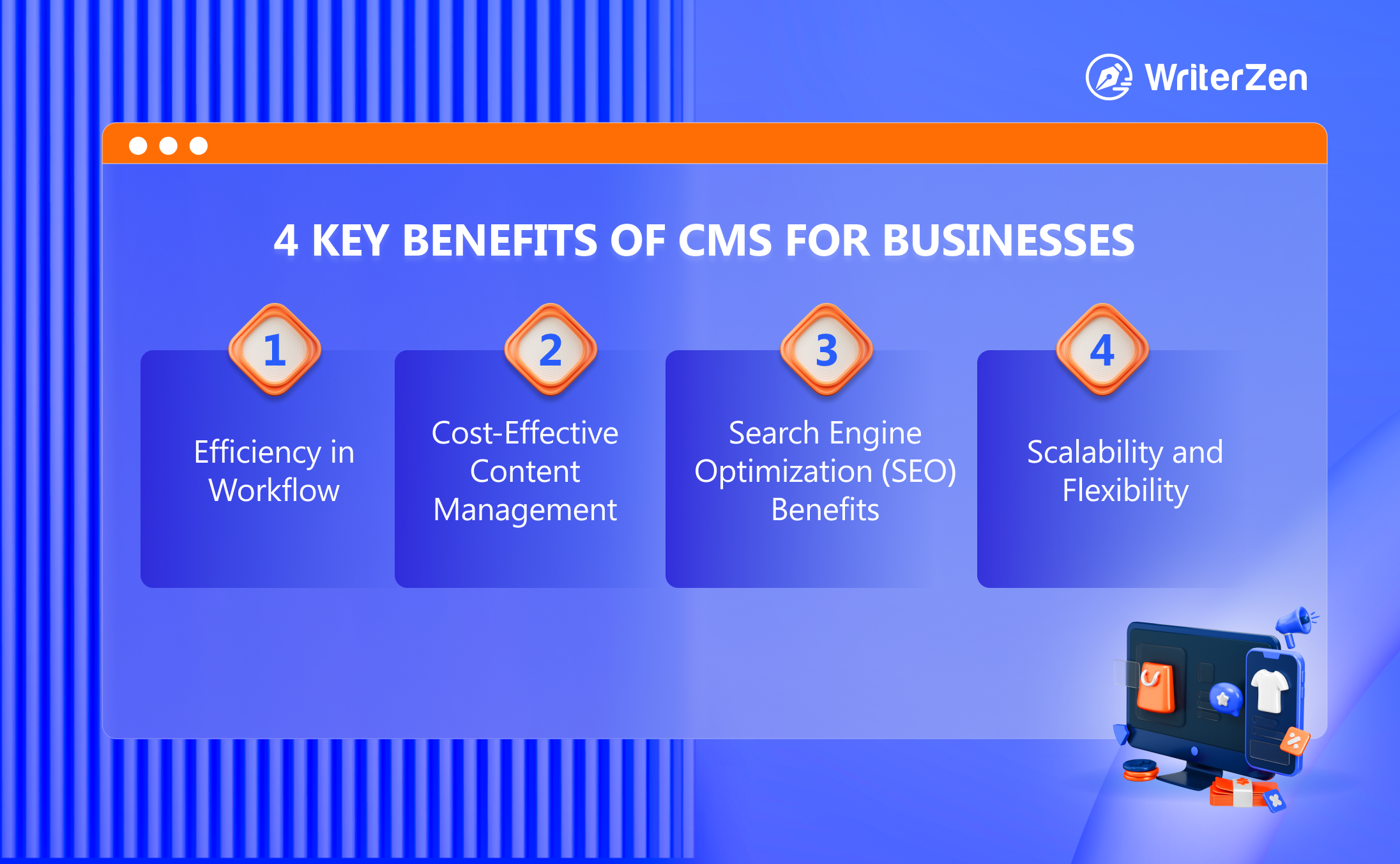
Efficiency in Workflow
One of the primary advantages of CMS is its ability to simplify and expedite content creation workflows.
Whether it's updating website pages, publishing blog posts, or managing product listings, CMS provides a user-friendly interface that empowers even non-technical users to make updates swiftly. This efficiency is particularly valuable for start-ups with limited manpower, allowing them to focus on core business activities.
Cost-Effective Content Management
Traditional methods of web development and content creation often require substantial financial investments. CMS reduces these costs by eliminating the need for constant developer intervention.
Non-technical staff can easily handle content updates, reducing reliance on external resources and minimizing expenses associated with website maintenance.
Search Engine Optimization (SEO) Benefits
A well-implemented CMS contributes to better search engine visibility. Search engines favor regularly updated and relevant content, and CMS facilitates the seamless management of such content.
With features like meta tags, customizable URLs, and responsive design options, CMS helps businesses optimize their websites for improved search engine rankings.
Scalability and Flexibility
As businesses grow, so do their digital content needs. CMS offers scalability, allowing companies to expand their online presence effortlessly.
Whether it's adding new pages, integrating e-commerce functionality, or incorporating multimedia elements, CMS provides the flexibility to adapt to evolving business requirements.
Types of Content Management Systems
Content Management Systems come in various types, each catering to different needs and preferences. Understanding the distinctions between these types is crucial for businesses to choose the right CMS that aligns with their goals and requirements.
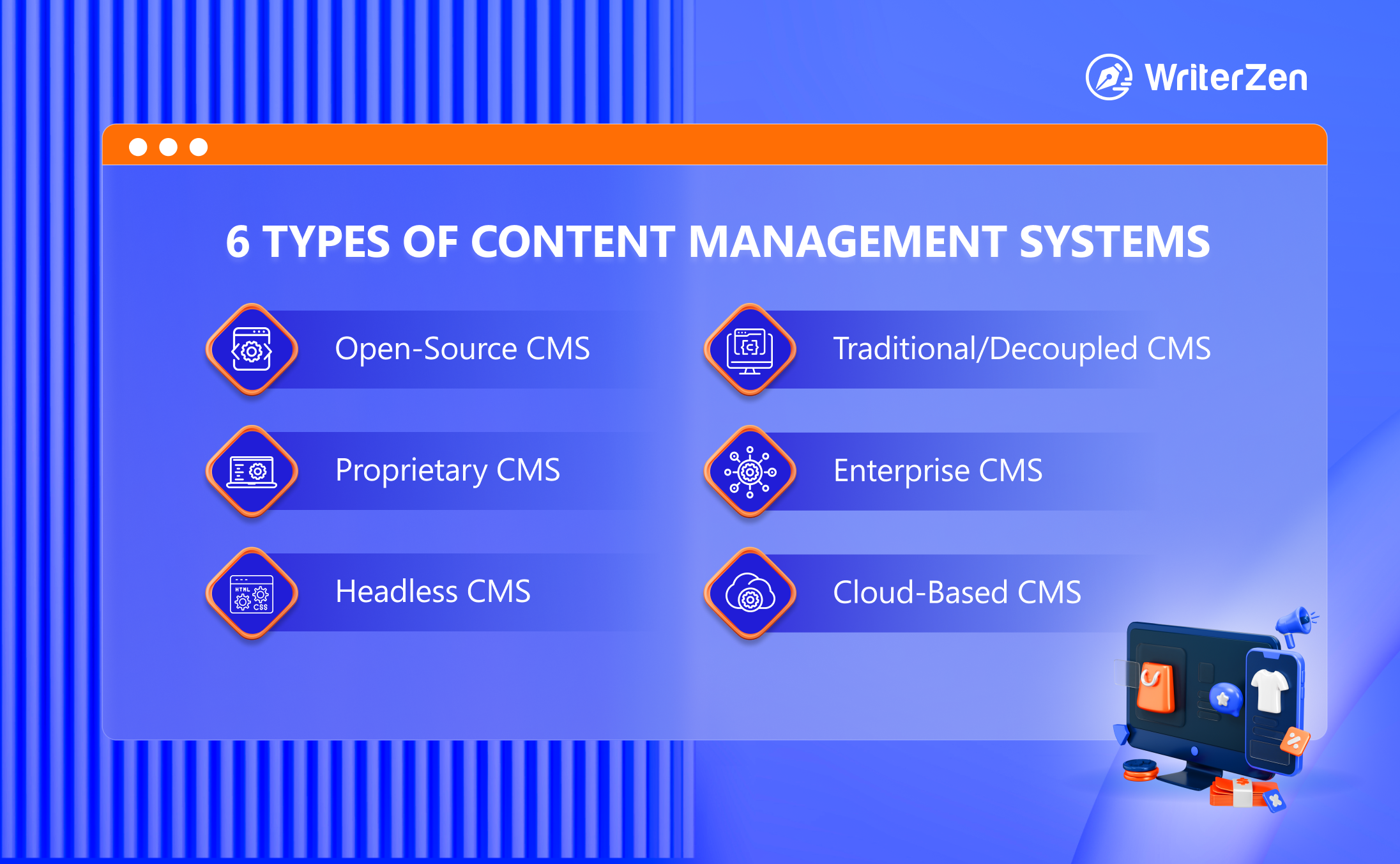
Open-Source CMS
Open-source CMS platforms are characterized by their transparent source code, which is freely available to the public. Users can modify, customize, and distribute the software.
Examples include WordPress, Joomla, and Drupal. These platforms are popular for their flexibility, extensive community support, and a wide range of plugins and extensions.
Proprietary CMS
Contrary to open-source systems, proprietary CMS is developed and owned by a specific company. Users typically need to purchase licenses to access and use the software.
While proprietary CMS may have a steeper initial cost, they often come with dedicated support, security features, and proprietary tools. Adobe Experience Manager and Sitecore are examples of proprietary CMS.
Headless CMS
Headless CMS separates the content management backend from the frontend presentation layer. This architecture allows content to be created and stored without being tied to a specific display format.
It provides flexibility for delivering content across various channels, including websites, mobile apps, and IoT devices. Strapi and Contentful are examples of headless CMS.
Traditional/Decoupled CMS
Traditional CMS, also known as coupled or monolithic CMS, combines the content management backend and the frontend presentation layer. This type is suitable for projects where content is primarily delivered through a website. Examples include WordPress (when used traditionally) and Drupal.
Enterprise CMS
Enterprise-level CMS is designed to meet the complex needs of large organizations. These systems often offer advanced security features, scalability, and the ability to manage vast amounts of content. TYPO3 and Kentico are examples of CMS tailored for enterprise use.
Cloud-Based CMS
Cloud-based CMS operates on cloud infrastructure, providing advantages such as scalability, accessibility, and reduced maintenance overhead. This type is particularly beneficial for businesses seeking flexibility and cost-effectiveness. Contentstack and Kentico Cloud are examples of cloud-based CMS.
Choosing the right CMS type depends on factors such as the scale of the project, budget constraints, and specific business requirements. Evaluating these types will empower businesses to make informed decisions and leverage the most suitable CMS for their digital endeavors.
Final Thoughts
In the digital era, where online visibility is synonymous with business success, leveraging the power of Content Management Systems is not just an option but a necessity. CMS streamlines content management, enhances efficiency, and provides a cost-effective solution for businesses aiming to thrive in the competitive online landscape.
Whether you're a start-up or an established enterprise, integrating a robust CMS into your digital strategy can be the key to unlocking unprecedented growth and ensuring a compelling online presence.


